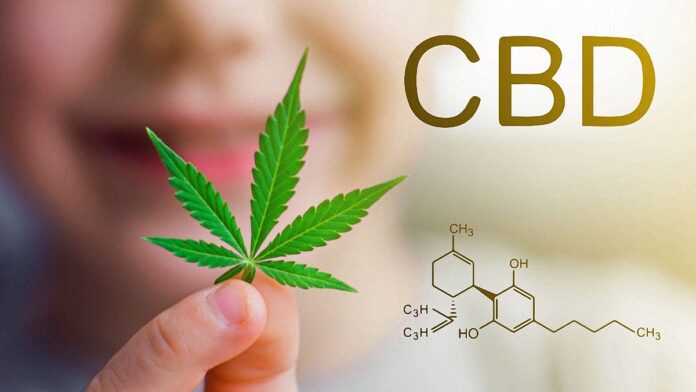
Table of Contents
CBD or cannabidiol is a natural extract from the Cannabis plant. It has been widely used as an effective therapy for various conditions including anxiety, insomnia, pain relief and inflammation. CBD is also undergoing preliminary studies for potential use as a therapy against Covid-19 and in the management of diabetes.
So far one CBD-derived drug, Epidiolex, has been approved by the FDA as a treatment for epilepsy in children over the age of two and adults. However, there has been no conclusive research or recommendations on the use of CBD in children for other conditions.
CBD is a natural product that is generally well tolerated by most people and successfully used for various health conditions. High quality CBD strains have been found to be beneficial in treating mood disorders, relieving pain and inflammation among other benefits. In children, parents have commonly used CBD as a therapy for anxiety, sleep problems and autism. To know more of these products, one can visit 2fast4buds.com.
CBD Benefits and Use in Children
Although CBD does not contain the psychoactive THC that causes the high effect, its safety for children is yet to be fully determined. However, so far CBD has shown potential benefits in the treatment of the following conditions in children.
CBD for epilepsy
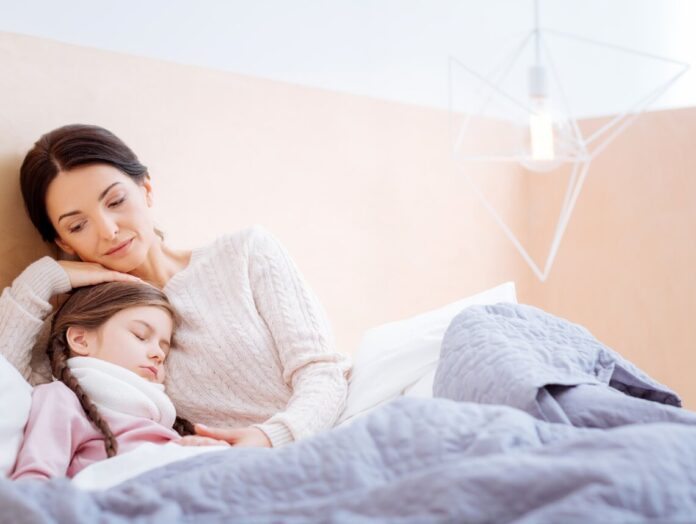
Epilepsy is the only condition so far where the FDA has approved the use of a CBD derivative, Epidiolex, in children. This medication has been found to effectively reduce the intensity and frequency of epileptic seizures in rare forms of epilepsy. Epidiolex has been approved for use in epileptic children aged 2 and above and has so far shown high levels of efficacy.
Although this medication is FDA approved, it may have side effects and it is best to consult your child’s doctor before administering this medication to your child.
CBD for autism
Preliminary studies have shown that CBD can potentially help to improve symptoms of autism in children. In studies conducted on autistic patients, long term use of CBD was found to reduce symptoms such as restlessness, seizures and panic attacks.
Research is still ongoing but preliminary results indicate that CBD shows high levels of efficacy in the management of autism. Studies also find that CBD could effectively be used along with other medications in the management of autism.
CBD for anxiety
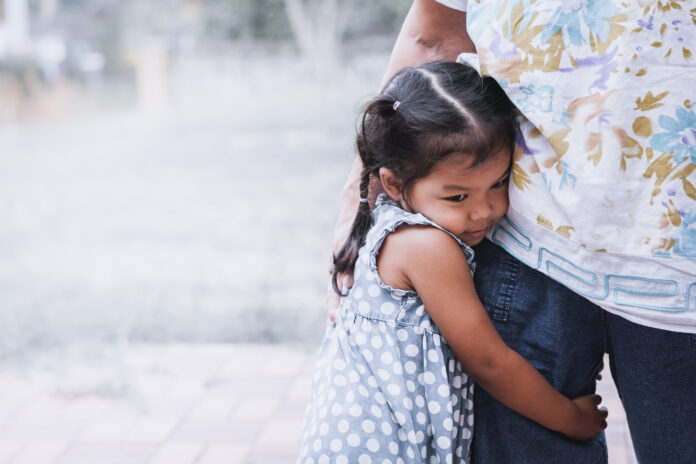
One of the primary reasons that parents administer CBD to children is for anxiety management. CBD is widely used as therapy for mood disorders including anxiety and depression and it seems to have the same level of efficacy for these conditions in children as it does in adults.
CBD has been found to act on serotonin receptors in the same way as antidepressants. Some people may prefer the use of CBD for anxiety over antidepressants since as a natural product it has fewer side effects and may be better tolerated even by children.
CBD for sleep disorders
CBD has been found to have beneficial effects in treating sleep problems including sleep onset and sleep maintenance. The calming effect of CBD can help in promoting restful sleep. It is important to make sure that you do not administer CBD containing THC to a child since it may have psychoactive effects. Always start with the lowest effective dose to reduce the risk of side effects and talk to your physician first if your child is taking other medication.
CBD for certain types of cancer
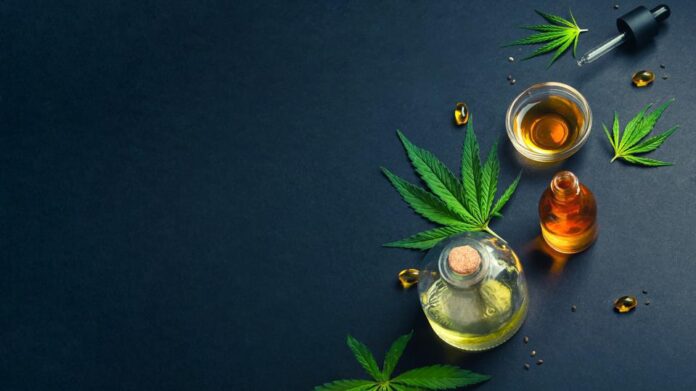
Research into the anti-tumor effects of CBD on childhood cancers like neuroblastoma are currently ongoing. Neuroblastoma, an aggressive form of cancer, is yet to find effective treatments or therapy from conventional medicine.
Preliminary studies have found that CBD reduces the viability and invasiveness of treated tumor cells. This shows that CBD could potentially curb the proliferation of cancer cells through its anti-tumorigenic properties in cases of neuroblastoma. However, the efficacy of CBD against cancer cells in neuroblastoma is limited to high purity strains CBD that do not contain other cannabinoids like THC.
CBD for perinatal brain injury
Perinatal brain injury is common in premature babies and children in early stages of life. This condition arises when there is injury to the fetal brain. This can lead to permanent brain damage and impairment of normal functions. Recent studies on animals have found that CBD can effectively reduce the density of necrotic neurons by mitigating inflammation.
Although no studies have been done in humans yet, CBD shows promise as a neuroprotective therapy. It has been found to reduce oxidative stress in brain cells or neurons, modulate cytokine release and stimulate the release of calcium from neuronal cells.
Forms of CBD
CBD is available in many different forms. However, when it comes to giving CBD to children it is crucial to ensure that you choose a product that is pure and has no THC in it. Some of the common forms of CBD administered to children include:
- CBD oil
- CBD gummies
- CBD topicals
Your child’s doctor may also recommend other forms of CBD based on factors like your child’s age or condition.
Safety Concerns to Keep in Mind
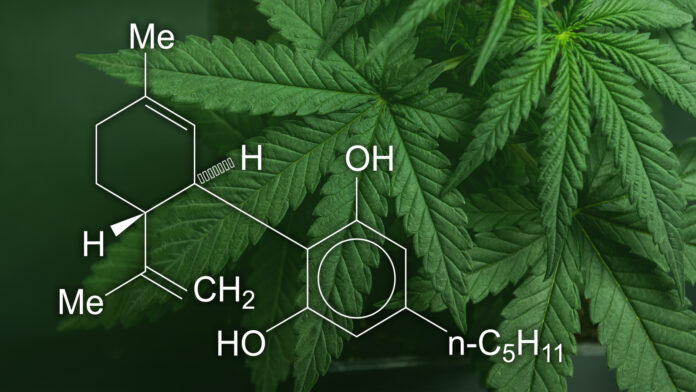
CBD is generally well-tolerated in most people but the potential for side effects is higher in children. It is always best to take precautions before administering CBD to a child.
Start with a low dose and increase if need be: If you are administering CBD to a child start with the lowest dose possible. You can increase the dose gradually if you do not observe any side effects or stick to the low dose if it is effective.
Consider product quality: CBD products are not regulated so it is possible to buy CBD products that contain other additives that could be harmful to your child. Make sure you purchase high quality high purity CBD that is free of other additives and compounds.
Consult your doctor: there is always a risk of interactions if your child is on other medication so always consult your doctor before giving your child CBD.
Take-Away
As a natural therapy, CBD has proven effective for many health conditions. However, since children may be more susceptible to side effects it is important to be careful when administering CBD to a child. Talk to your child’s doctor before using CBD and ensure you only use products that are free of THC or any other additives that could harm your child.
















